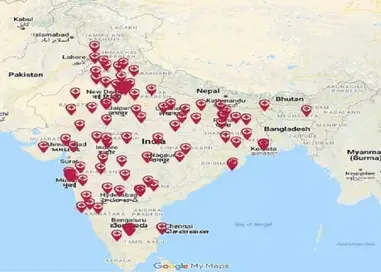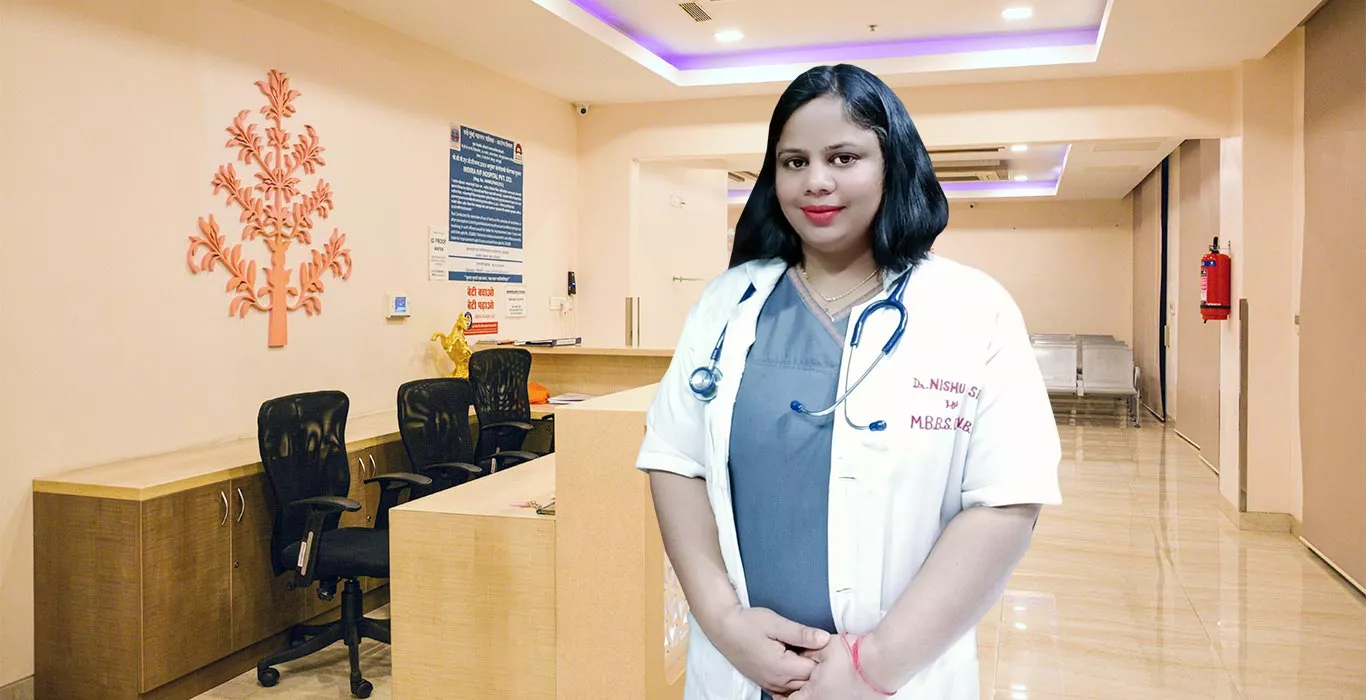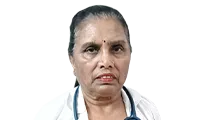Overview
For any treatment to succeed, well trained doctors, advanced technology and World Class Laboratory play a vital role. Our doctors at Indira IVF are compassionate, patient listeners and believe in personalised care for an enriched patient experience.
Visit Now!
Singla Test Tube Baby Centre – Bilaspur
Main Bazaar Rd, Sector Number 4 Bilaspur Haryana India
View Centre Details
Fertility Tips & Advice from Dr. Nishu Singla
Fertility & IVF related FAQs
The procedure is not painful as it is done under light sedation. But, at times it may cause mild discomfort. At our clinic, we use mild anaesthesia administered through an IV route which relieves discomfort.
Success rates strongly depend on the age of the patient, their condition, medical history and the line of treatment administered.
The IVF procedure can be prescribed in cases where the other fertility treatments have failed, or if the chances of a successful pregnancy are higher with this method than with any other treatment.
If there are no contraindications, the procedure can be carried out simply at the request of the couple by considering that precise time as the right time for IVF.
- Tubal-peritoneal factor -
Violation of the patency of the fallopian tubes leads to the fact that the egg cannot penetrate the uterine cavity. In this case, you can either try to restore patency using a surgical laparoscopic operation or perform IVF and implant an already developing embryo into the uterine cavity.
- Male factor -
This diagnosis is made when the quality of sperm is not high enough. If the number of healthy active sperm is too low to conceive a healthy child, it is better to resort to ART treatments like IVF, IUI, ICSI, etc.
- Endometriosis -
Mild forms of endometriosis usually respond to surgery and hormonal treatment. If, after the therapy, pregnancy does not occur, then the doctor sends the couple for an IVF procedure.
- Age-related infertility -
Age plays a vital role when we talk about deciding the right time for IVF. With this factor of infertility, it is better to supplement the standard IVF procedure with ICSI and assisted hatching methods.
- Anovulation -
Anovulation is usually treated with simpler methods, such as hormonal stimulation combined with IUI. But if it’s unsuccessful, you can always use the IVF method.
- Unexplained infertility -
If it is not possible to establish an accurate diagnosis, and the therapy is unsuccessful, then the doctor may advise the couple to resort to the IVF procedure.
In this process, the female egg is taken out under anaesthesia and fertilized with the husband’s sperm in the lab. The embryo formed after 3-5 days is transferred back to the uterus.
May involve 2-3 visits:
- One day for check-up / Pre-IVF preparation
- 15 days for IVF procedure (Second Visit)
- Embryo transfer







